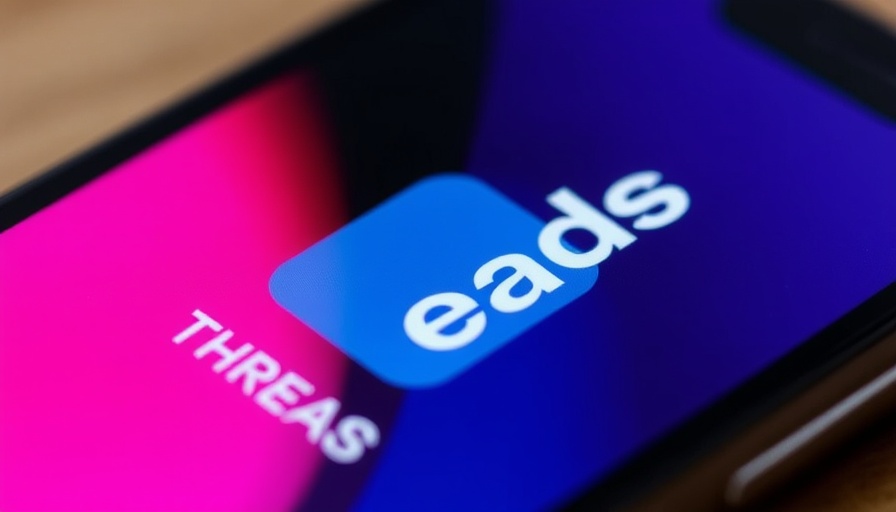
A Controversy Unfolds
In July 2025, Etsy was thrust into the spotlight as users organized a boycott over the sale of "Alligator Alcatraz"-branded merchandise. This movement stemmed from the products’ association with a notorious ICE detention center in Florida, where detainees reportedly endure inhumane conditions. Despite these conditions and the sensitive nature of the merchandise, Etsy allowed the sale of various items celebrating this center, including T-shirts, stickers, and hats. The backlash has sent waves across social media, igniting thousands of discussions on platforms such as Meta’s Threads and Reddit.
Understanding the Boycott
Etsy users argue that the company’s choice to sell such merchandise violates its own policies, which protect individuals based on immigration status. They point out that when a company permits products that promote or trivialize human suffering, it indirectly endorses degrading commentary against protected classes. This argument has resonated with many users, leading to a surge of posts across social media, calling for boycotts and expressing discontent with Etsy’s practices.
The Role of Social Media in Shaping Movements
In recent years, social media has become an essential tool for organizing popular movements and boycotts. For the Etsy boycott, users have effectively mobilized their communities online, with posts garnering significant attention and interaction. A notable Threads post received over 26,500 likes, showcasing the collective outrage among users. This level of engagement highlights the power of social media in influencing consumer behavior and holding companies accountable for their actions.
Wider Implications for E-Commerce
The controversy with Etsy raises crucial questions about e-commerce ethics and corporate responsibility. As platforms like Amazon and eBay also feature "Alligator Alcatraz" merchandise, the backlash pushes for broader discussions about what types of products are deemed acceptable for sale. Etsy, by catering primarily to a community-driven marketplace, is now being scrutinized for conflicting values between profit and ethical consumerism, challenging its loyal customer base.
Beyond Etsy: The Marketplace Landscape
While Etsy faces pressure to reevaluate its policies, it is not alone in this moral quandary. Other platforms continue to profit from similar merchandise, yet they have not faced as intense user backlash as Etsy has. Only Amazon publicly defended its choice to allow the merchandise, referencing its policy on controversial items. This disparity in reaction may indicate differing expectations across various e-commerce platforms concerning the sale of sensitive merchandise.
The Future for Etsy and E-Commerce Compliance
As the Etsy boycott unfolds, the company faces critical decisions regarding its merchandise policies moving forward. With e-commerce platforms continually evolving and the increasing importance of ethical branding, how Etsy responds to this controversy could define its identity in the marketplace. Brands that prioritize consumer sentiment and demonstrate a commitment to social responsibility may find themselves favorably positioned in the eyes of their audiences. This controversy could be a turning point for Etsy as well as an important lesson for other online retailers about the significance of aligning business practices with customer values.
 Add Row
Add Row  Add
Add 



Write A Comment